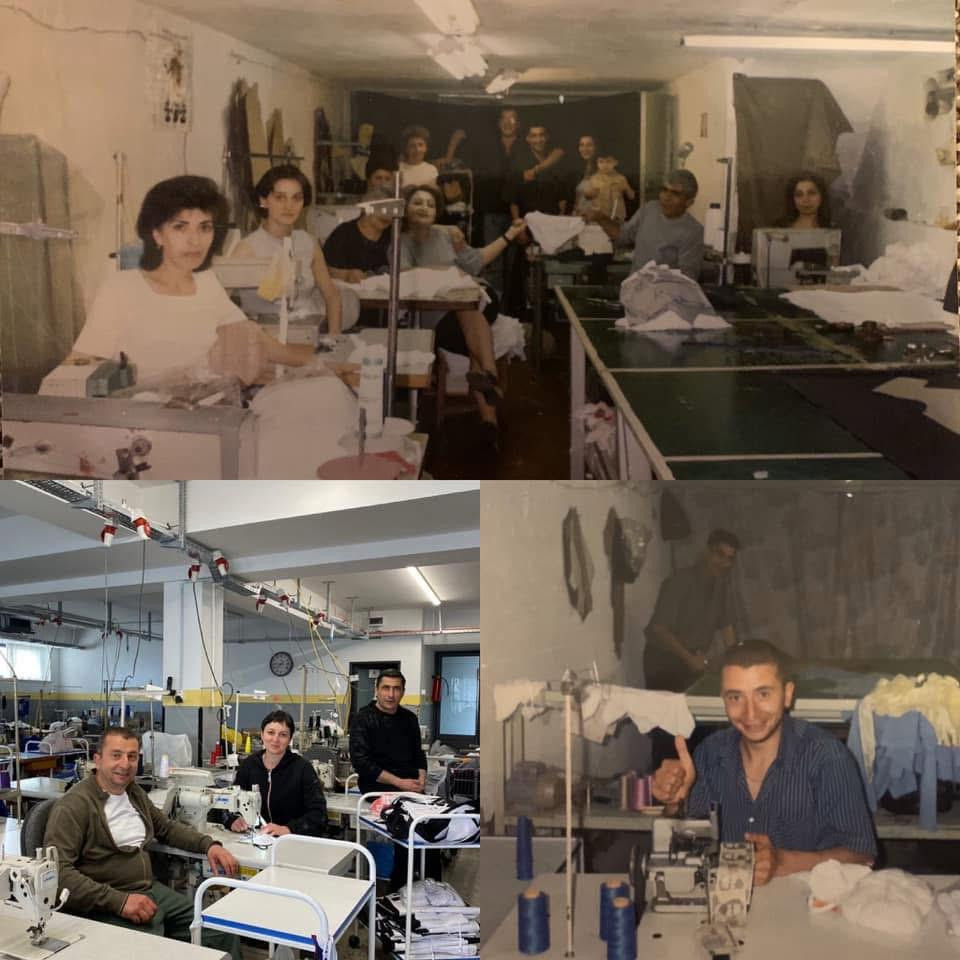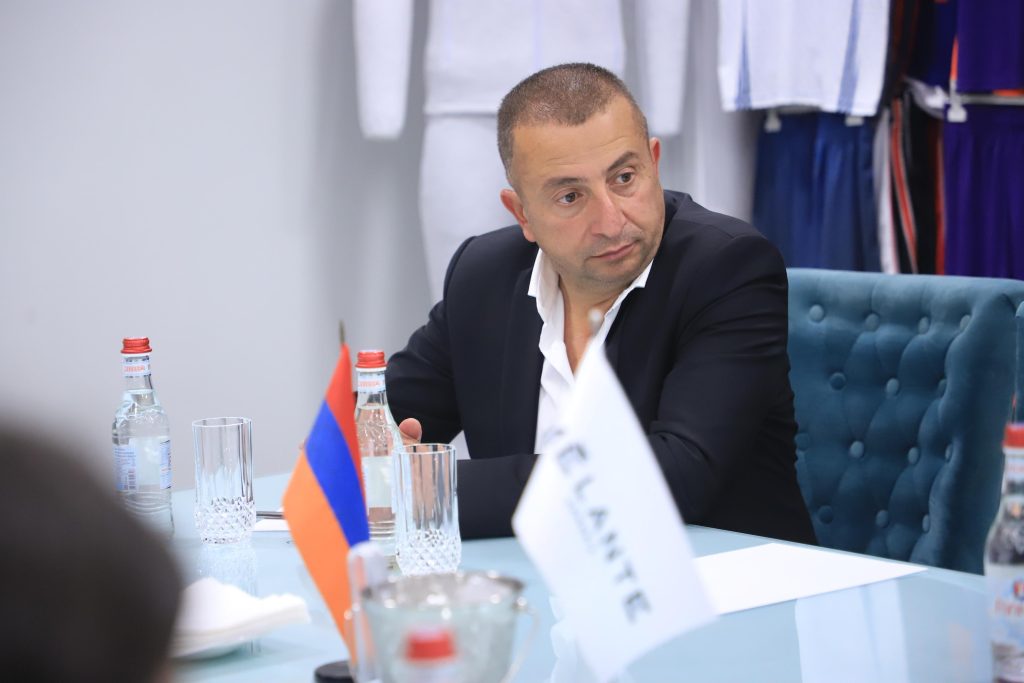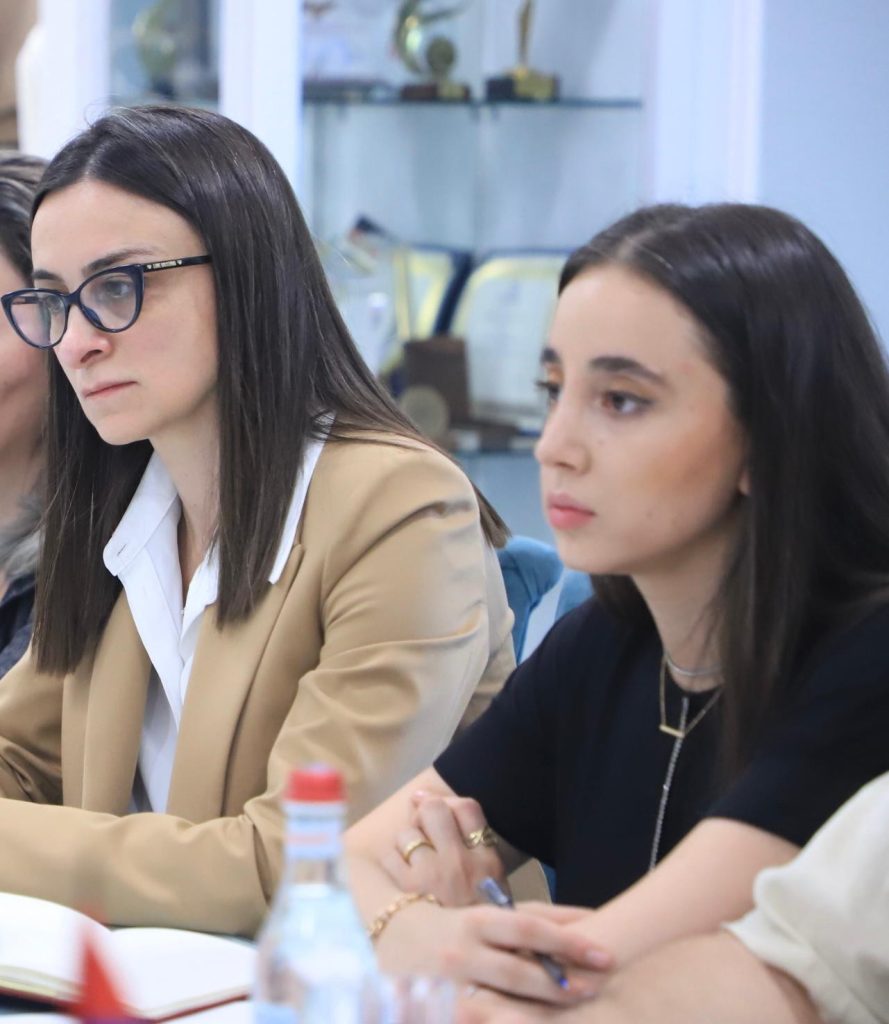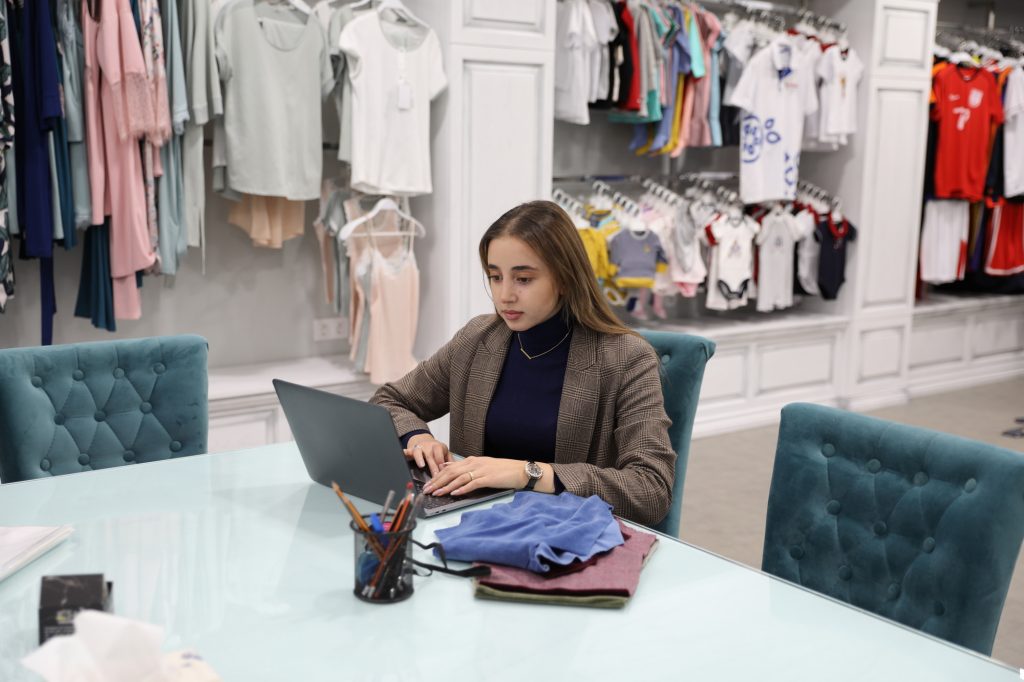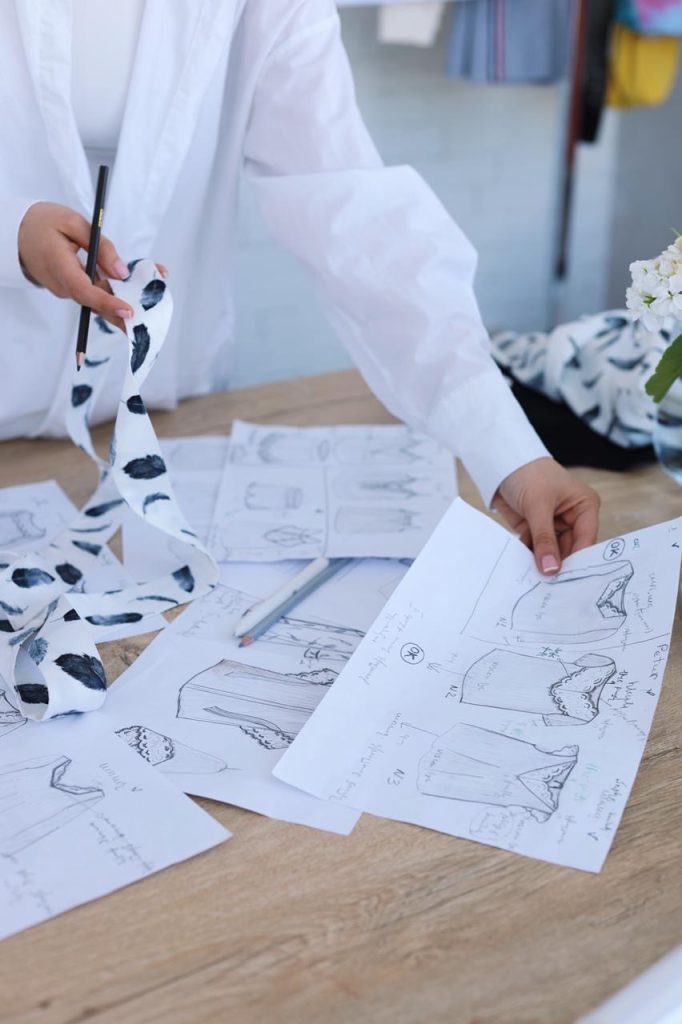From Garage to Global: How EU Support Transformed an Armenian Textile Brand In 2002, in a modest garage tucked away in a Yerevan neighbourhood, Hovhannes Khoshoyan, his wife GayaneYeganyan and close friend of their family Aram Aghamalyan embarked on a journey that would quietly reshape Armenia’s textile industry. With limited resources but a clear vision, the couple set up a […]
From Garage to Global: How EU Support Transformed an Armenian Textile Brand
In 2002, in a modest garage tucked away in a Yerevan neighbourhood, Hovhannes Khoshoyan, his wife GayaneYeganyan and close friend of their family Aram Aghamalyan embarked on a journey that would quietly reshape Armenia’s textile industry. With limited resources but a clear vision, the couple set up a small sewing workshop, determined to build a business rooted in local production, craftsmanship, and empowerment.
Two decades later, that humble workshop has grown into Satenkar LLC — known to consumers under its brand name, Melante — a thriving enterprise employing around 200 people, producing everything from homewear to corporate uniforms, and steadily gaining a foothold in international markets.
“The original idea behind Melante was not just to make clothes,” says founder Hovhannes Khoshoyan. “It was about giving Armenian women stable employment, fostering financial independence, and strengthening our economy by relying on domestic production rather than imports.”
A Family Affair with a Bigger Vision
Melante is still a family-run business at heart. Initial division of labour — Aram focused on sourcing and sales, Hovhannes and Gayane on design and sewing — laid the groundwork for a now fully-fledged textile operation. Over the years, the second generation has joined the business, bringing fresh energy and new skills. Each family member plays a distinct role, united by a shared commitment to quality and community.
Key to the company’s growth has been Anni Avetisyan, a finance professional with a master’s degree in financial management and Saten Khoshoyan as a Business Development Director. They helped professionalise the company’s operations and structure and raise its public profile. Anni and Saten were the initiators of applying for EU support, which helped to accelerate the growth by exporting to EU markets. Additionally, with joint efforts, branded retail stores were opened and championed the “Made in Armenia” label, positioning Melante as a proud representative of local manufacturing excellence.
A Modern Manufacturer with Deep Roots
Today, Melante operates from a renovated, fully equipped production facility where modern machinery meets the skilled hands of seasoned textile artisans. The product range is diverse and continues to grow, by positioning the company as the leader in Jersey-made products from casual and formal wear to baby-clothing, sleepwear, sportswear, and customised corporate clothing. The company also provides white-label and private-label services, as well as embroidery and design solutions.
Despite its growth, Melante remains grounded in its values: care for employees, attention to quality, and a belief in long-term sustainability. Many workers have been with the company for years, and the leadership team views job creation and workforce development as central to its mission.
EU Support at a Pivotal Moment
In 2021, Melante reached a turning point. Through the support of the European Union and the European Investment Bank (EIB), and with Armeconombank as its local partner, the company received 22.3 million Armenian drams in funding, roughly €43,000. This financial injection, part of the EU4Business initiative, arrived at a critical time (after COVID-19) and became a catalyst for a new phase of development.
“That funding gave us the boost we needed,” says Anni Avetisyan. “It allowed us to fast-track goals that would otherwise have taken years to realise.”
The company focused on three strategic pillars. First, it expanded its production capacity by adding new sewing units and upgrading equipment. Second, it accelerated its digital transformation by enhancing online sales systems and strengthening its presence on digital marketplaces. Finally, it boosted its export capabilities by establishing a dedicated export department and developing new strategies for entering international markets.
The impact was immediate. New equipment significantly improved production efficiency, allowing the company to hire an additional 20 workers per production floor. At the same time, investments in digital marketing and e-commerce tools helped increase Melante’s online sales and brand visibility.
Entering New Markets — and Launching New Lines
One of the most ambitious outcomes of the EU support was the launch of a completely new sportswear line, designed to meet growing demand for athleisure. The range includes t-shirts, hoodies, joggers, seamless activewear sets, and sports shorts —diversifying the company’s portfolio and appealing to a broader, younger audience.
“We couldn’t have done it without this support,” Avetisyan acknowledges. “Scaling production, upgrading our digital tools, launching new products — these are major steps for a local manufacturer like us. The funding removed barriers and opened doors.”
Perhaps most importantly, the establishment of an export department allowed Melante to take its first real steps into European markets. While the company had always dreamt of going global, this was the moment when plans became reality.
Tangible Growth, Human Impact
The numbers speak clearly: higher productivity, reduced production costs, and the creation of 40 new jobs, particularly in manufacturing and digital marketing. But Melante’s leadership measures success in more than just metrics.
The company sees its growth as a proof point: that local Armenian businesses, with the right support, can thrive in competitive markets without compromising on values. It also reinforces the company’s original social mission — particularly in providing women with steady, dignified employment opportunities.
“This is just the beginning,” says Avetisyan. “We’re committed to deepening our online presence, improving our product lines, and reaching new markets. We’re growing with purpose.”
From Local Pride to International Promise
Melante’s story, nurtured by family, sustained by craft, and accelerated by EU support, offers a compelling example of how strategic investment can spark transformation. From a garage workshop to a diversified, export-ready manufacturer, the company has stayed true to its Armenian roots while expanding its global reach.
In a region where small and medium-sized enterprises often face structural challenges, Melante stands out — not just for its success, but for what it represents: the potential of local entrepreneurship when met with opportunity.
